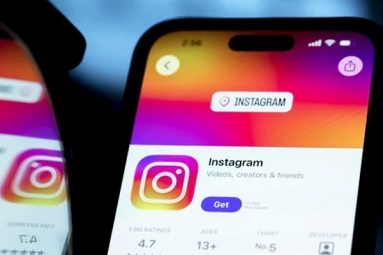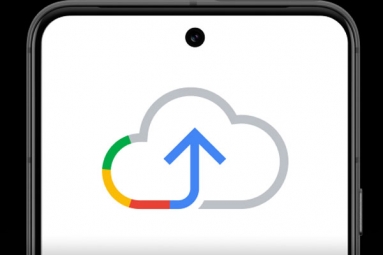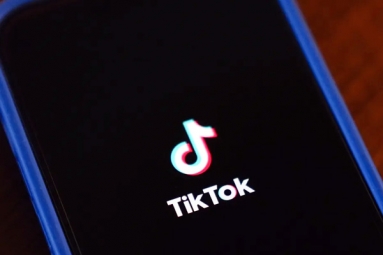
(Image source from: Canva.com)
Picture this: You have a crush on someone and start chatting with them on WhatsApp or another messaging app. Their responses are amusing, clever, considerate, and smart, just enough to captivate you completely. Then, you decide to go on a date, only to discover that the person you’ve been interested in is nothing like what you imagined from their messages. This situation is referred to as chatfishing (that’s right!). With AI technology becoming more common, chatbots are infiltrating every part of life, including dating. You believed AI was being developed to replace your job, but it seems to be taking away your human touch and abilities, leaving you feeling empty and inadequate. Chatfishing, which resembles catfishing, is a new phenomenon in online dating. Some individuals, who are either too lazy or find it hard to express themselves in writing, rely on AI to respond to their partners' messages in order to impress them.
They prefer to send a screenshot of their conversation using tools like ChatGPT, Wingman AI, or Rizz AI, gather a response, copy it, paste it, and hit send. Simply put, AI has become everyone's go-to friend group for dating tips, similar to MacLaren's Pub from How I Met Your Mother, where you gather with friends to discuss your romantic experiences. There was a time when a person would seek advice from pals on how to text in a cool way, but now it’s all about using an app. The main question is whether this method is ethical. This dating trend seems acceptable as long as you genuinely want to impress someone without concealing who you are. It’s perfectly fine to clear up some uncertainties, come up with a fun pick-up line, or even write silly poems. However, when your actual self and the persona you project in messages don't match, that’s when the trend starts taking a negative turn. The entire reason for chatting with someone is to build a connection, creating a sense of comfort for real-life conversations or meetings.
When one or both partners are using AI, they are misleading the person they wish to impress. Ultimately, the charm fades when two people plan to meet in person. While it might seem there is no big downside to chatfishing on paper, in truth, it wastes time. Even if you have good intentions, you’re not being authentic with the other person, which may lead them to view you as untrustworthy (and you can’t fault them for that). Additionally, chatfishers could be scammers seeking to connect with you for financial gain. It can be tough to discern whether someone is chatfishing or genuinely engaging, especially with casual replies. However, keep an eye out for references.
When people are communicating sincerely, they typically don’t use fancy language unless speaking with a literature major. Most individuals write straightforward sentences and reference favorite movies or shows. Everyone makes mistakes (even language experts do). Sometimes fingers trip up, the space bar is forgotten, words are misspelled (hopefully not), or common slang and shortcuts are used. If someone is chatfishing, their grammar will be flawless, with no errors. This is your signal to approach the person (and maybe ghost them or block them once you confirm it).
Nonetheless, the most reliable way to determine if someone is chatfishing is to meet them. Spend quality time with your partner to assess if they are genuine in conversation or have hidden agendas. Dating should be enjoyable, but it becomes challenging with AI intruding into our romantic lives.







